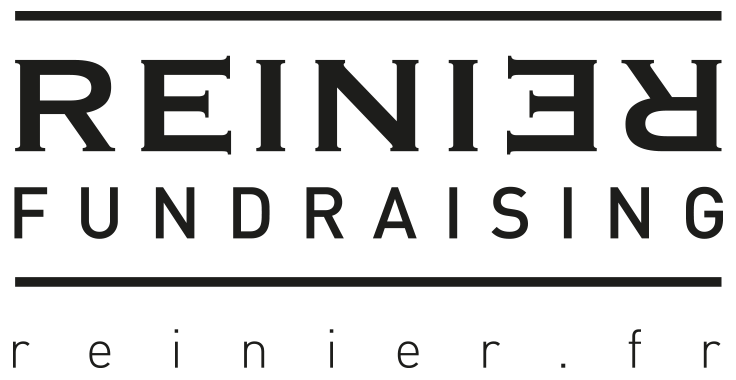What’s holding back individual giving? The top 10…
Successful individual giving requires vision, ambition, and courage. But what actually stands in the way of growth? To gain insight, I asked the Fondsenwerving.blog Expert Panel about the biggest obstacles and challenges they face in their work. No fewer than 40 Dutch fundraising managers responded. And this is the Top 10…
10. Restrictive laws and regulations (35%)
Especially GDPR and other privacy rules hinder effective fundraising and data analysis.
9. Slow digital transition (35%)
The digital transition is progressing slowly, not just in tools and technology, but also in skills, culture, and organizational processes. Fundraisers often work with outdated systems or lack the digital capabilities to respond effectively to donor behavior online.
8. Limited room to invest (38%)
Growth costs money. But investment capacity is often scarce, in both large and small organizations. Budgets must be shared across departments and objectives. And fundraising is still too often seen as a cost rather than an investment that generates returns.
Click on the image for a larger version
7. Insufficient ambition to grow (38%)
Some organizations lack the internal drive to substantially increase their individual giving income. This may be due to leadership, culture, or the degree to which fundraising is a strategic priority. Without ambition, there is no substantial growth.
6. Lack of compelling stories from within the organization (40%)
Fundraisers can only do their job well if they have access to inspiring and authentic stories. Yet this access is often limited. Internal collaboration with program departments, communications, or project staff proves to be a recurring bottleneck.
5. Increasing competition (40%)
The battle for the donor’s euro is real. More organizations are fishing in the same pond. The public is critical and easily distracted. This demands stronger distinctiveness. Meanwhile, the withdrawal of institutional funders like governments increases pressure on the individual giving market.
4. Lack of a long-term growth vision (43%)
Successful fundraising requires a multi-year horizon. Yet in many organizations, the short-term focus dominates. Project budgets and next-quarter targets often win out over structural investments in sustainable growth.
3. Not data-driven enough (53%)
Being data-driven is a buzzword in many plans, but in practice, it’s difficult. Fundraisers often lack insight into the metrics that truly matter, like retention or LTV. And even when that data is available, it’s not effectively used in decision-making.
2. Lack of innovation capacity (55%)
Innovation struggles to take off in many organizations. There’s too little space to experiment with new propositions, fundraising approaches, or digital techniques. The sector knows renewal is needed, but daily workloads and a risk-averse culture keep the status quo firmly in place.
1. Lack of scalable acquisition channels (80%)
By far the number one: the absence of scalable methods to acquire new donors. Many organizations rely on channels that are becoming less effective for recruiting large numbers. Newer channels are often more profitable, but still too small in volume. Many organizations are seeing this reflected in a stagnating or shrinking donor base.
Nearly three years ago, I conducted this same survey—and the number one answer, unfortunately, hasn’t changed. Which of these obstacles do you recognize most? And which one should be tackled first? Bring this list to your next team meeting to start the internal discussion.
Conclusion
The top 10 shows that the biggest barriers are rarely external. They’re mostly internal: strategy, culture, systems, and collaboration. That’s encouraging—because these are things you can influence as a fundraiser.
Usually, when fundraising results are strong, the fundraiser receives all the praise. Poor results, on the other hand, are often attributed to external factors. Yet under normal conditions, the impact of external causes tends to be greatly exaggerated. YOU are the reason for your results.
